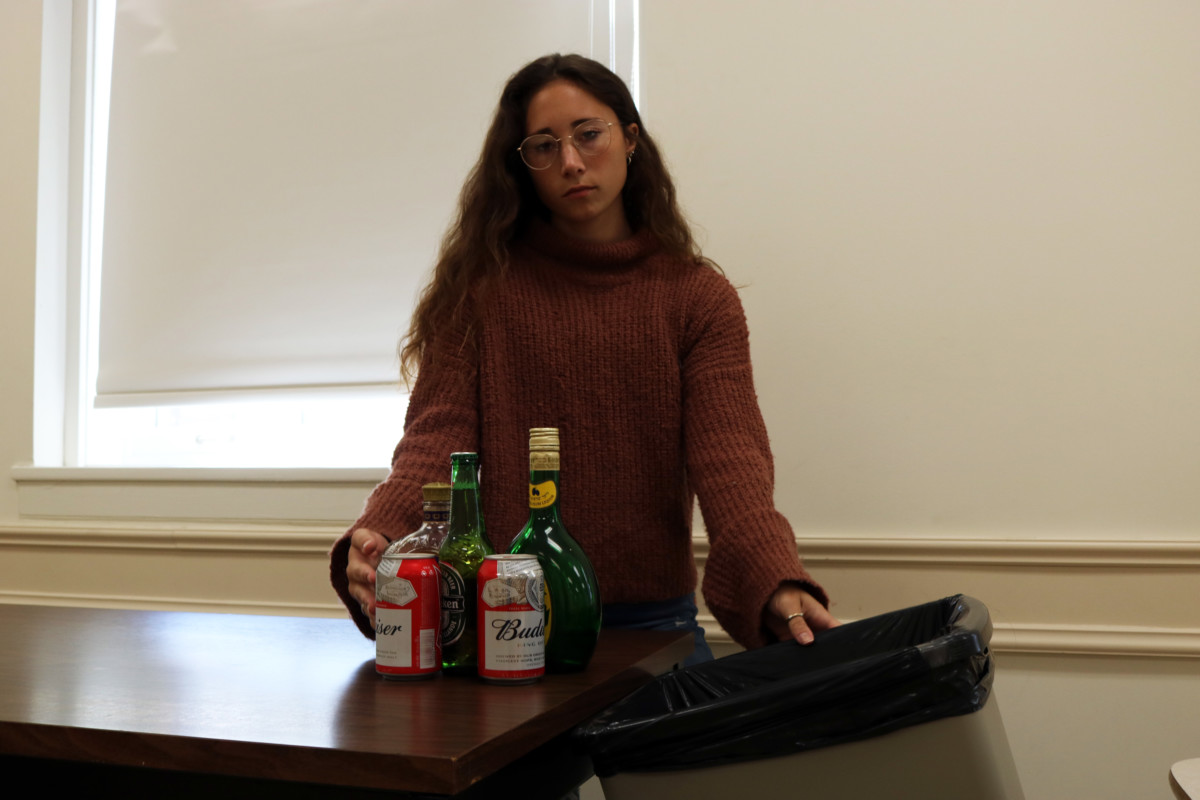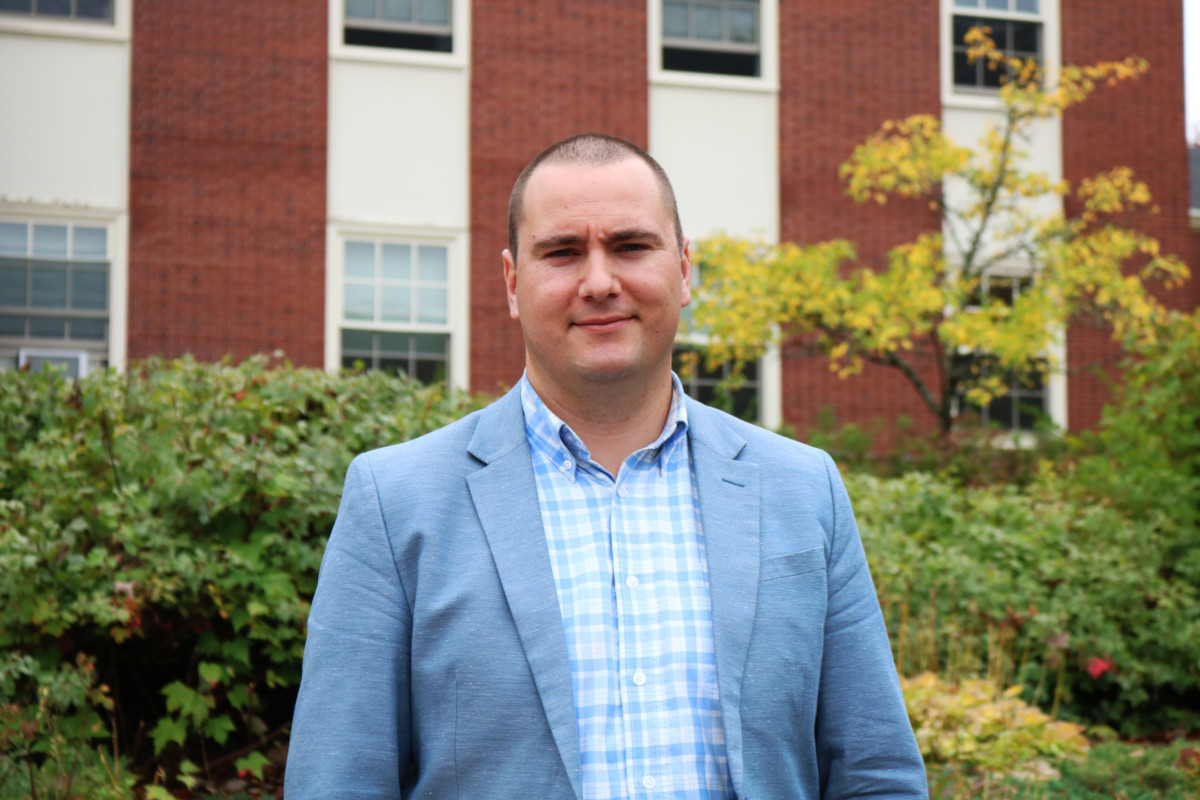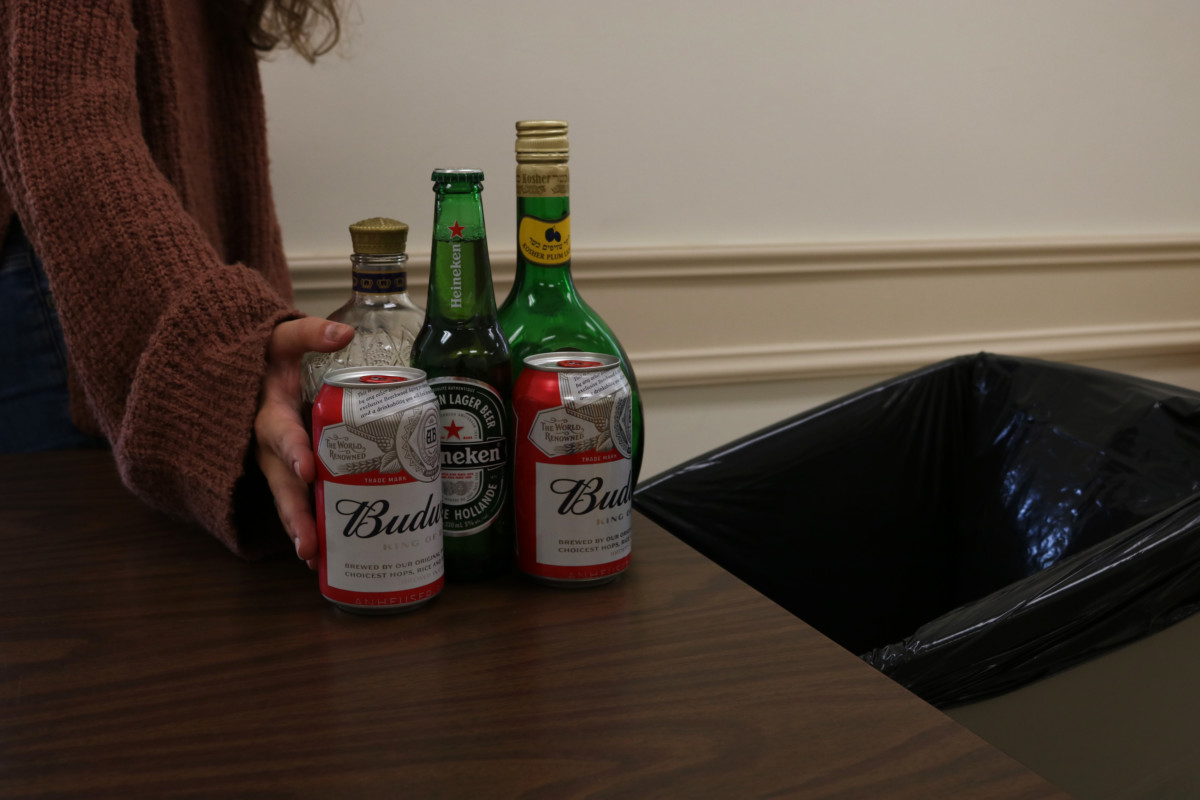

A new Residence Life policy prohibits drinking in residence lounges and prohibits parties for students living in the STU-owned properties on Windsor street. The policy was put into place after newly hired staff reviewed their policies and decided a change was needed.
Windsor Street residents are also limited to having two guests each if they want to host pre-drinks.
Brock Richardson, director of Student Services and Residence Life, said Residence Life wants to make residence more inclusive, given they have a diverse population of students who come from countries where alcohol is banned to students who have been drinking since they were teenagers.
“I think we’re taking a small step here in saying, we don’t want drinking to be the driving force behind the culture in residence. We want that to be community building and getting to know each other and supporting each other,” he said.
Richardson said when drinking happens in a public space like residence lounges, student can feel more pressured to drink alcohol. This is according to the National College Health Assessment, a recognized research survey that collects data on students’ health habits, behaviours and perceptions.
Richardson said there is a misconception that all college students drink alcohol.
In the summer, the staff looked at “actual alcohol use,” which is how often a person drinks and “perceived alcohol use,” which is how often a person thinks people drink.
Richardson said Residence Life wanted to make the drinking culture safer.
Residence Life said they found students believed 90 per cent of their peers drank often. In reality, 20 per cent of students had never consumed alcohol and 60 per cent only drank a few times per month.

After analyzing the stats, they looked at harm surrounding alcohol consumption and how it can be reduced. They found changing the alcohol policy would be beneficial.
However, they didn’t want to ban alcohol consumption.
“Fully banning things might cause chaos,” said Richardson.
Residence Life also considered the 19-and-older age group who live in residence and may want to drink.
They also looked at other universities’ policies and found out that only STU and a few other universities allowed students to drink in lounges.
The new policy allows students to drink in their rooms. Richardson said residence life isn’t trying to change the behaviour of a ton of individuals.
“They are going to make their own choice about it,” he said.


Students understand policies, feel concerned
Harrington Hall president Bryce Miller understands why the university wants to change the policy. However, he thinks the new alcohol policy impacts traditions in Harrington.
One of these traditions is April 6 Day, where residents drink all day.
“It’s a house where everyone is welcome, but there is the occasional party,” he said.
Miller said he feels it’s unsafe to prohibit students from drinking in the lounges.
“It’s safer to drink in that space because behind closed doors you really don’t know how much one’s drinking.”
“It was meant to be a space that’s inclusive.”
Miller said it would be a good idea to keep study lounges in Harrington as non-alcoholic spaces and allow drinking in the two main lounges in Harrington.
He also said having an open space would help residence advisors supervise who is drinking, since they can’t supervise behind closed doors.
“They can only assume, and assumptions don’t go that far in terms of someone’s safety. You can’t assume someone’s sober when they’re not. Having the closed doors doesn’t allow RA staff to be able to check on people. The fact that they know that everyone is in one or two spots I think makes their job a little easier.”
Kassidy Richards, a third-year student and Windsor Street resident, said she doesn’t necessarily agree with the policy, but it doesn’t negatively affect her. She likes having friends for pre-drinks but wouldn’t host a party.
“I find it too stressful to control what is happening with everyone and everything at the house,” she said.


She said she’s sure most students in Windsor disagree with the policy.
She added most students in Windsor Street probably have experience with drinking since most are over 19 and in their third or fourth year of university.
“[We] can drink more responsibly and on our own outside of residence. It’s different in residences where students may be underage … and now don’t have a safe option to explore that part of their life,” she said.
“[Students in residence] are going to drink anyway.”
With files from Natalia Lanza
